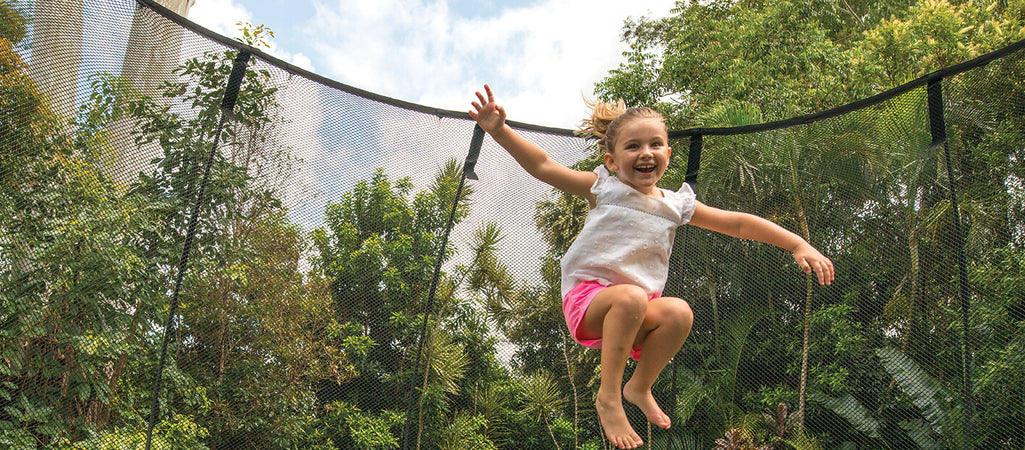Exer-learning: How Exercise Can Boost the Brain
New studies show exercise can also have a positive impact on the brain.
min read

There are so many reasons for kids to be active. They develop stronger muscles and bones, are less likely to become overweight, lower blood pressure and a more positive outlook on life. But new studies are showing exercise can also have a positive impact on the brain.
It’s called exer-learning and it’s exactly what it sounds like – combining exercise with learning.
"Miracle-Gro for the brain"
Studies show that regular physical activity supports child brain development by improving memory, concentration, and positive outlook. Researchers have even found that kids who ran for 15-45 minutes before school were less distracted and more attentive to schoolwork. That’s why John Ratey, author of A User's Guide to the Brain, calls exercise "Miracle-Gro for the brain.”
Two Niagara schools even tested a program which requires kids to exercise vigorously for 20 minutes before class. They found that students who exercised before math class increased their problem-solving abilities by an average of 20% compared to a two per cent average improvement for other students!
Check out these tips to get kids learning by incorporating exercise into their routine.
Start the day with exercise
Before they head to school in the morning get their blood pumping and brains ready to learn. It could be as simple as 5 minutes of jumping jacks, arm crosses or jumping on a trampoline.
Take short movement breaks
When you’re helping kids with homework, get them moving when they become frustrated. A short break of physical activity will help them release tensions and get their brain ready to learn.
Play and learn
Incorporate physical activity into learning. Help them learn how to count by jumping or have kids run to the correct answer to a math problem. Get them learning and moving at the same time!
